Tuesday, April 23, 2024
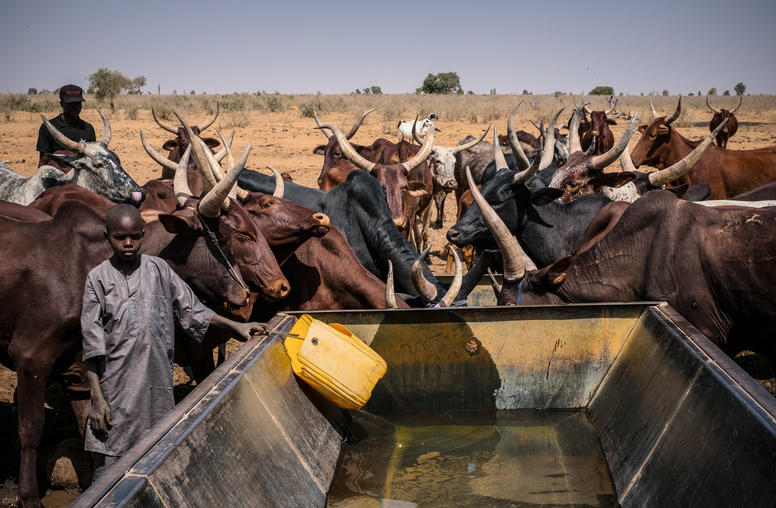
Nigeria’s New Threat: Guns, Cows and Clashes Over Land
Nigeria’s military appears to have the ISIS-affiliated Boko Haram extremist group on the run. But a different kind of conflict now threatens to undermine the government’s gains in reducing violence in Africa’s most populous country. Armed clashes between mostly Muslim herdsmen and predominantly Christian farmers are fueling a new, and even more intensive, era of instability. The conflict over land and natural resources has drawn little notice internationally and urgently needs more attention from Nigeria’s federal government.

In Afghanistan, Time for a Message More Powerful than a Bomb
Even in Afghanistan, a country that has seen four decades of bloodshed and destruction, the ravages of a relatively small contingent of the so-called “Islamic State” extremist group have been shocking: Men, women and children beheaded, individuals blown up with explosives strapped to their bodies, children indoctrinated to commit atrocities. So the U.S. military’s “Mother of All Bombs” dropped onto a remote warren of ISIS tunnels and caves was welcomed in some quarters. But there is more that the Afghan government and the U.S. can do to reduce the frustration and despair that drives so many, especially the young, into the radical fold.
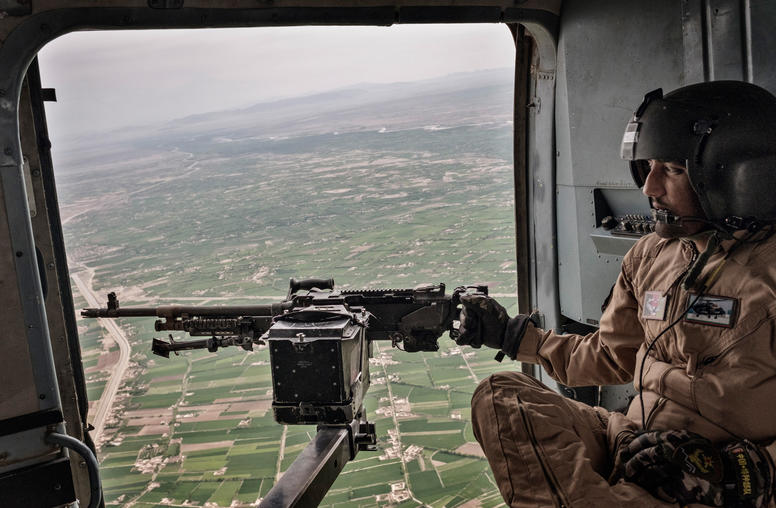
In Afghanistan, a Shocked Nation Again Asks Why
On April 21, a group of 10 Taliban fighters, disguised as Afghan soldiers transporting a wounded colleague, entered the main base of the Afghan Army’s 209th Corps in the northwestern city of Mazar-e-Sharif. After a five-hour rampage through the camp, as many as 140, maybe more, Afghan soldiers were dead. The government announced a national day of mourning for a shocked nation, and the Minister of Defense and the Army Chief of Staff resigned. It was not the first such incident. Nor will it be the last.

Ebola to Piracy: Sustaining U.S.-China Work in Africa
U.S. and Chinese leaders have worked with counterparts across Africa to combat a range of security threats on the continent, from Ebola to piracy to instability in Sudan and South Sudan. A recent United Nations Security Council Resolution condemning terrorist attacks and violence in the Lake Chad Basin illustrates that more joint efforts are needed to support Africa’s stability and development. Unfortunately, distrust and skepticism between the United States and China are getting in the way of further progress. But there may be a way to prevent backsliding.
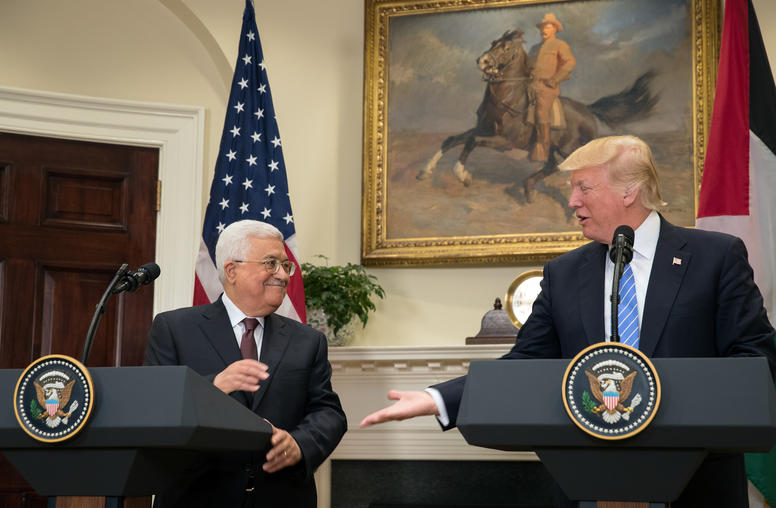
Trump, Abbas Offer Few Details for 'Toughest Deal'
The joint press conference held by President Trump and Palestinian President Mahmoud Abbas after their meeting this week was spare of specifics, but abundant in atmospherics. Both leaders seemed intent on conveying the message that this is the start of a new chapter, and that peace—and the U.S.-Palestinian partnership toward that goal—is possible.
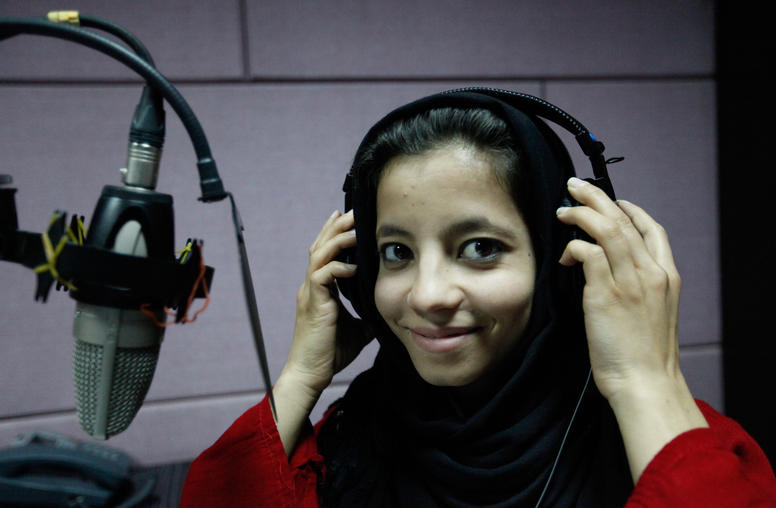
Afghan Women Defend Their Rights Against the Taliban
Afghanistan’s Taliban, determined to capture a major city in the country, have advanced on Kunduz, in the northeast. The Taliban oppose any public role for women in Afghan society and have targeted women’s organizations in Kunduz. But a local journalist and mother, Sediqa Sherzai, for years has run Radio Roshani, a station that broadcasts programs for women’s rights and democracy.
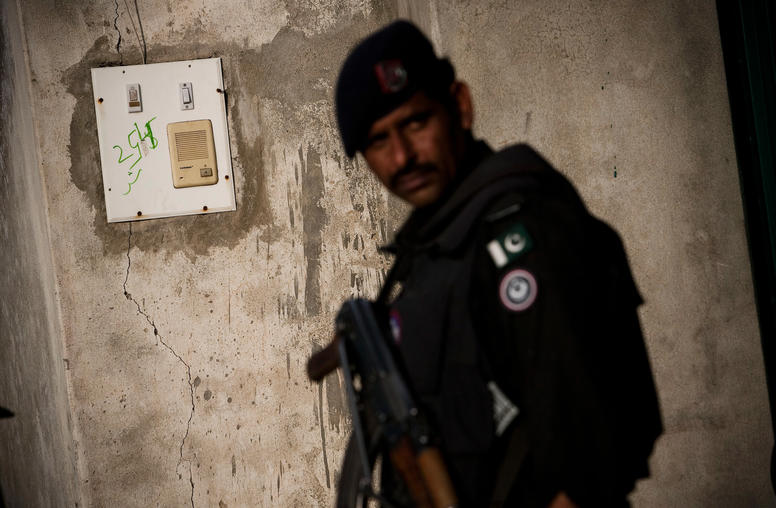
Shock at Pakistan Lynching Opens Way to Curb Extremism
Mashal Khan’s lynching last month for alleged blasphemy by fellow university students in Pakistan’s Khyber Pakhtunkhwa (KP) province sent shockwaves across Pakistani society. It instantly stirred recollections of the 2011 murder of Salman Taseer, a former governor of Pakistan’s Punjab province, by his own security guard because he had opposed laws punishing blasphemy. Both episodes highlighted the deep intolerance for diversity and the readiness to use violence over religious disagreements in Pakistan. But there was one major difference that could open an opportunity to steer Pakistan in a more moderate direction.
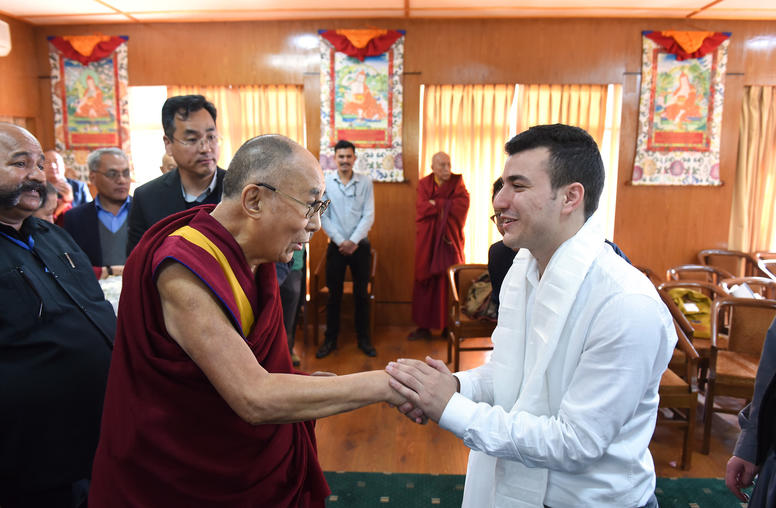
World Refugee Day: A Young Refugee Reflects on Meeting the Dalai Lama
Mahmoud Khalil, a refugee living in Lebanon, is a Syrian-Palestinian-Algerian student majoring in computer science and working with an international education-focused NGO called Jusoor. He was a key member of a team of young people that founded an innovative education program for out-of-school Syrian refugee children in Lebanon. Mahmoud was one of 25 young civil society leaders from a dozen nations facing violent conflict whom USIP gathered in 2017 for training and mentorship with the Nobel peace laureate and spiritual leader, the Dalai Lama.
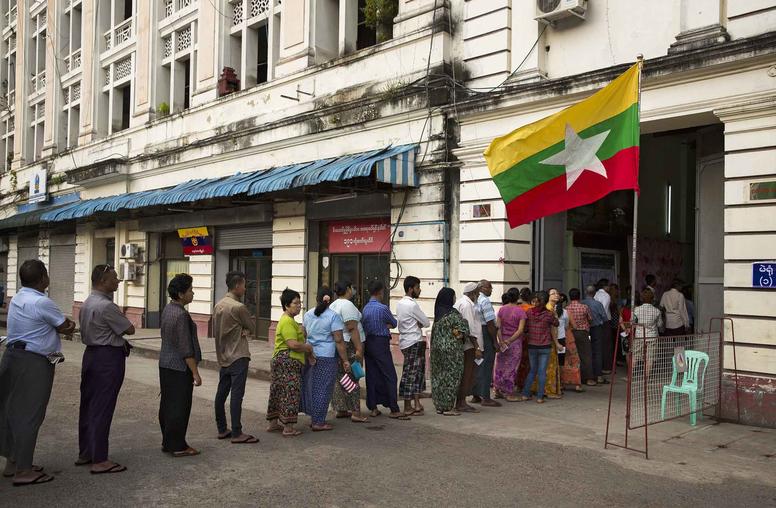
What’s in a Name: Burma or Myanmar?
When Aung San Suu Kyi’s National League for Democracy (NLD) won the historic 2015 elections, some observers wondered if it would resolve one of her country’s most symbolic issues on the international stage: what to call it. Changed by the military government in 1989 from Burma to Myanmar, much of the international community agreed to recognize the name change. Yet, the United States and the United Kingdom, among a small group of countries, continue to use the name Burma. Why?
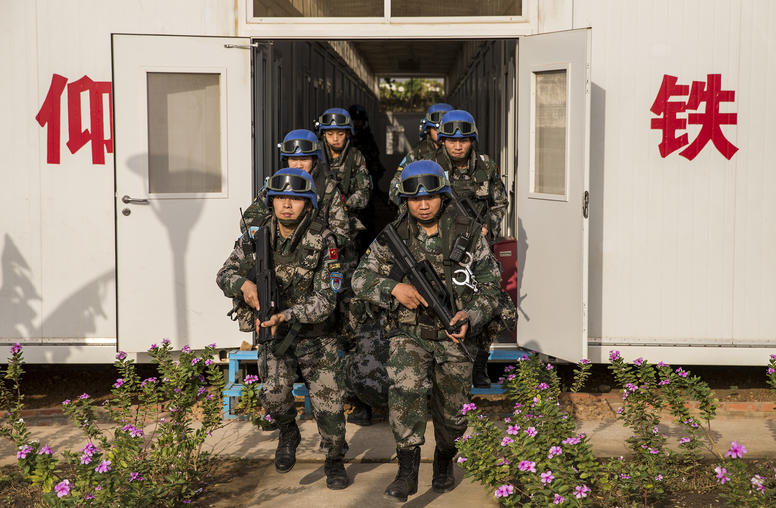
As Military Ties Deepen, China Advances its Ambitions in Africa
China’s Africa strategy has experience two shifts beyond its traditional emphasis on trade, investment, and resource extraction: promoting improved security relations to help protect China's interests on the continent and enhancing China's reputation as a reliable security partner that is invested in Africa's future.
